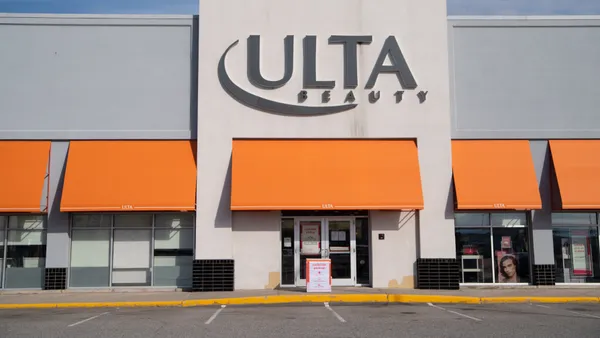Dive Brief:
- There is a “critical disconnect” between businesses and customers regarding the importance of 24/7 self-service, according to a Five9 survey published last month.
- More than half of business executives believe that 24/7 self-service is a top customer priority, but only one-third of customers say it's important. Customers want 24/7 access but overwhelmingly value accuracy and speed more.
- “This is a wake-up call for leaders,” Five 9 CMO Niki Hall said in a prepared statement. “As consumer expectations rise and patience vanish[es], delivering fast answers isn’t enough. Businesses must create experiences that feel effortless, personal and deeply human.”
Dive Insight:
The perception gap around AI-powered self-service may have more to do with poor execution than “a lack of interest,” according to Five9.
Nearly 9 in 10 customers try self-service first but abandon it when they can’t resolve their issue quickly. About 7 in 10 customers, meanwhile, say they can resolve their issues through self-service when it’s well-designed.
“The data reveals a clear opportunity: businesses that focus on AI-powered quality improvements rather than just availability can transform self-service from a cost-cutting measure into a competitive advantage,” according to Five9. “By delivering what customers actually demand — accurate answers, seamless context transfer and efficient resolution — organizations create experiences that customers willingly choose, not reluctantly tolerate.”
While 56% of consumers say they would rather talk on the phone for general service issues, just 31% of business executives say that consumers prefer it.
Customers “default to voice” when they cannot resolve their issues via self-service due to poor usability, inaccurate information or “dead-end workflows,” the survey says. “That fallback to the phone isn’t a preference for tradition — it’s a signal of friction.”
In addition, 74% of consumers prefer voice when the stakes are high, but 38% of businesses expect them to use messaging or social media for urgent requests, according to the survey.
“When something matters deeply — a health concern, a financial emergency, a travel disruption — your customers want the reassurance that only another human can provide,” according to Five9.
Five9 suggests that businesses treat voice as a “premium channel” rather than a legacy one, emphasizing that the human touch is often crucial to meeting customer needs and building loyalty.










